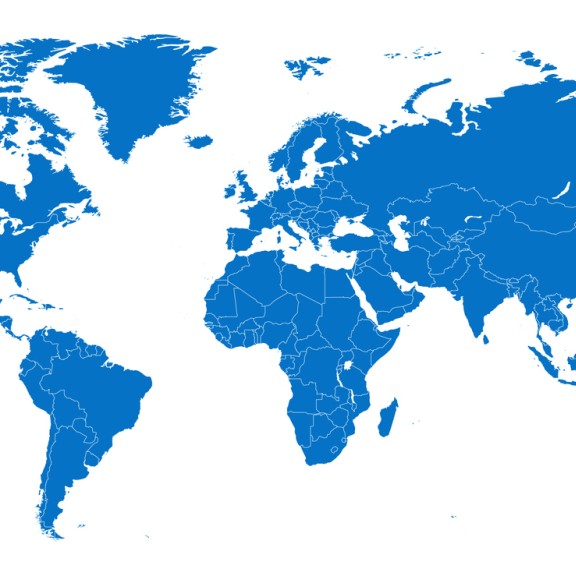University Leadership Council on Diversity and Inclusion in International Affairs
University Leadership Council on Diversity and Inclusion in International Affairs
The University Leadership Council connects academic leaders of top US graduate schools in international affairs and public policy, enabling them to engage with one another and share strategies for fostering attention to diversity, equity, and inclusion at their respective institutions.

Transforming International Affairs Education
Deans, directors, and academic leaders of top US graduate schools in international affairs and public policy participate in the University Leadership Council on Diversity and Inclusion in International Affairs to share best practices for promoting diversity and inclusion in graduate studies programs. The council fosters conversations about reforming graduate school curricula, culture, and composition. The group was founded in 2018 by Carla Koppell, distinguished fellow at Georgetown University’s Institute for Women, Peace and Security and former vice president at the United States Institute for Peace. The Volcker Alliance supports the council with coordination, project management, facilitation, documentation, and other programmatic activities.

Diversity, Equity, and Inclusion Syllabus Resources
The University Leadership Council created a repository of resources to improve schools’ curricula, composition, and culture so that future foreign policy experts are better prepared to address the social forces contributing to fragility and unrest globally. The database houses well-cited scholarship by diverse authors, along with scholarship that addresses key elements of diversity in the field of International Relations. The tool is meant to be used by instructors whose content relates to foreign affairs.